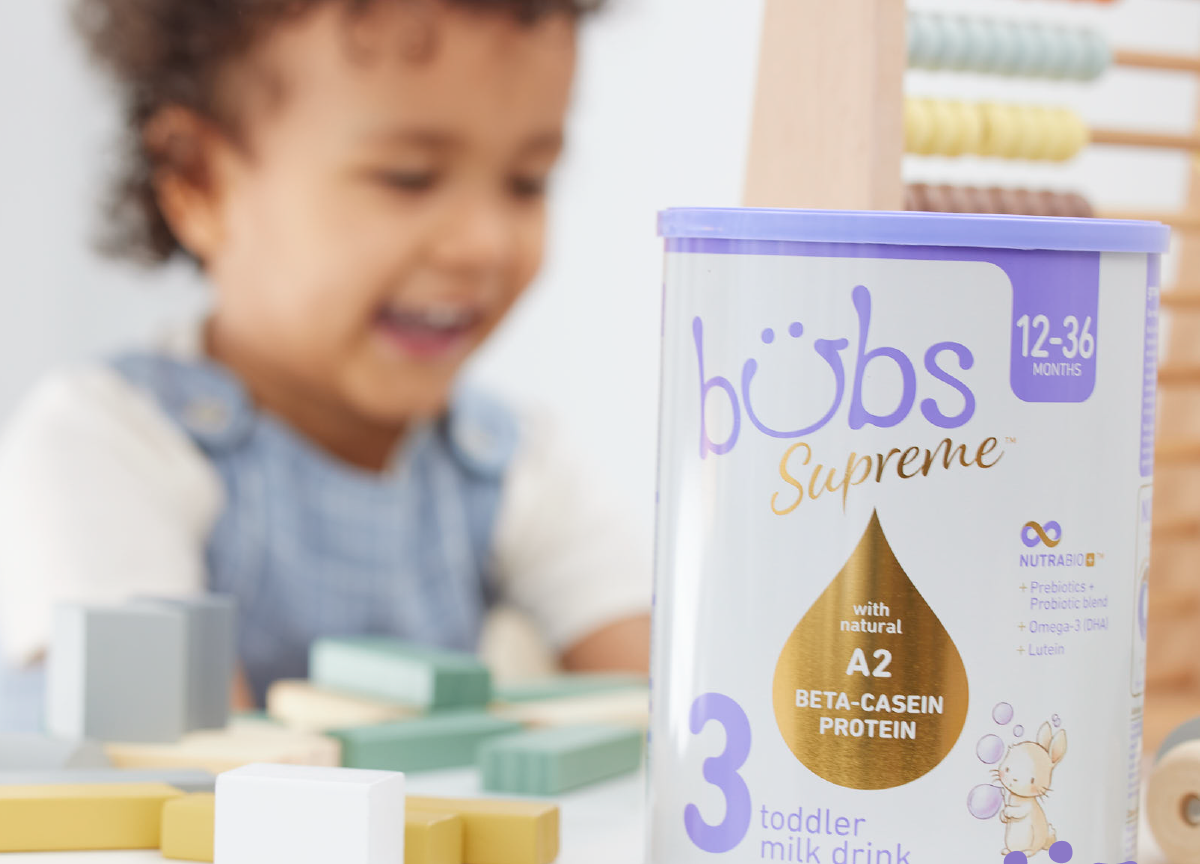
Beleaguered infant-formula maker Bubs Australia saw its share price crash after revealing damning figures from its China business today (30 June).
In a statement, the company said ex-factory sales in the region “continue to disappoint” and approximately five years’ worth of stock of its Bubs Supreme range is sat in stock across “multiple warehouses”.
China previously accounted for a fifth of Bubs Australia’s gross revenue. Overstocks in the region are expected to lead to a non-cash impairment of inventory of A$20m-A$25m ($13.25m-$16.55m).
Bubs China’s full-year 2023 net revenue is expected to be “at the lower end” of its forecast range of A$13.5m-A$13.8m, compared to A$53.6m in FY22.
The company’s share price, which has been dropping steadily since last summer, dipped to A$0.16 – from a high of A$0.18 – today in Australia following the news.
“Ex-factory sales under Bubs exclusive China distribution arrangements… are below expectations and continue to disappoint,” it said. “As previously reported, there remains a significant amount of inventory held in trade, predominantly Bubs Supreme.
“Bubs Australia understands there is more than five years of Bubs Supreme finished goods inventory held in multiple warehouses, based on the current rate of sale.”
The company cited the failure of its manufacturer-to-consumer model and Daigou channel sales. In addition, it said: “The promised online-to-offline sales into China have not materialised, which has created a significant finished goods inventory issue in market, as well as a bulk raw material inventory issue for Bubs Australia and its Deloraine manufacturing facility.”
Bubs said its wholly owned subsidiary Infant Food Co. is owed A$5.65m in goods sales from Chinese distributors Willis and Alice. Alice has also taken less stock than it was contracted to, leaving Bubs with oversupplies in its own warehouses.
It said: “Bubs Australia continues to pursue the outstanding debt of A$5.65m.”
The company’s share price has dropped almost 8% over the last 5 days, after appointing strategy advisor Kidder Williams to advise on its future direction last week.
At the start of this month, it revealed in a trading update that its China revenue had plummeted.
It follows months of turmoil at the company after executive chair Dennis Lin stepped down in April amid a “deterioration” in financial performance. Katrina Rathie replaced him.
The publicly-listed business, since embroiled in an executive power struggle, started a strategic review back in April two weeks after announcing its new chair.
A month later, the company said it had axed its CEO Kristy Carr with immediate effect for failing to comply with “reasonable board directions”. A group of shareholders, including Carr and Lin, requested an AGM following her departure.
Bubs Australia revealed the review alongside a sales update for the third quarter of its financial year, a period in which gross revenue fell 10%.
Gross revenue from China fell by 56%. Bubs Australia pointed to “significant amounts of finished goods inventory held in trade”.
The company has seconded Jackie Lin, an executive at private-equity firm and investor C2 Capital, to manage its business in China and review its options in the country.
